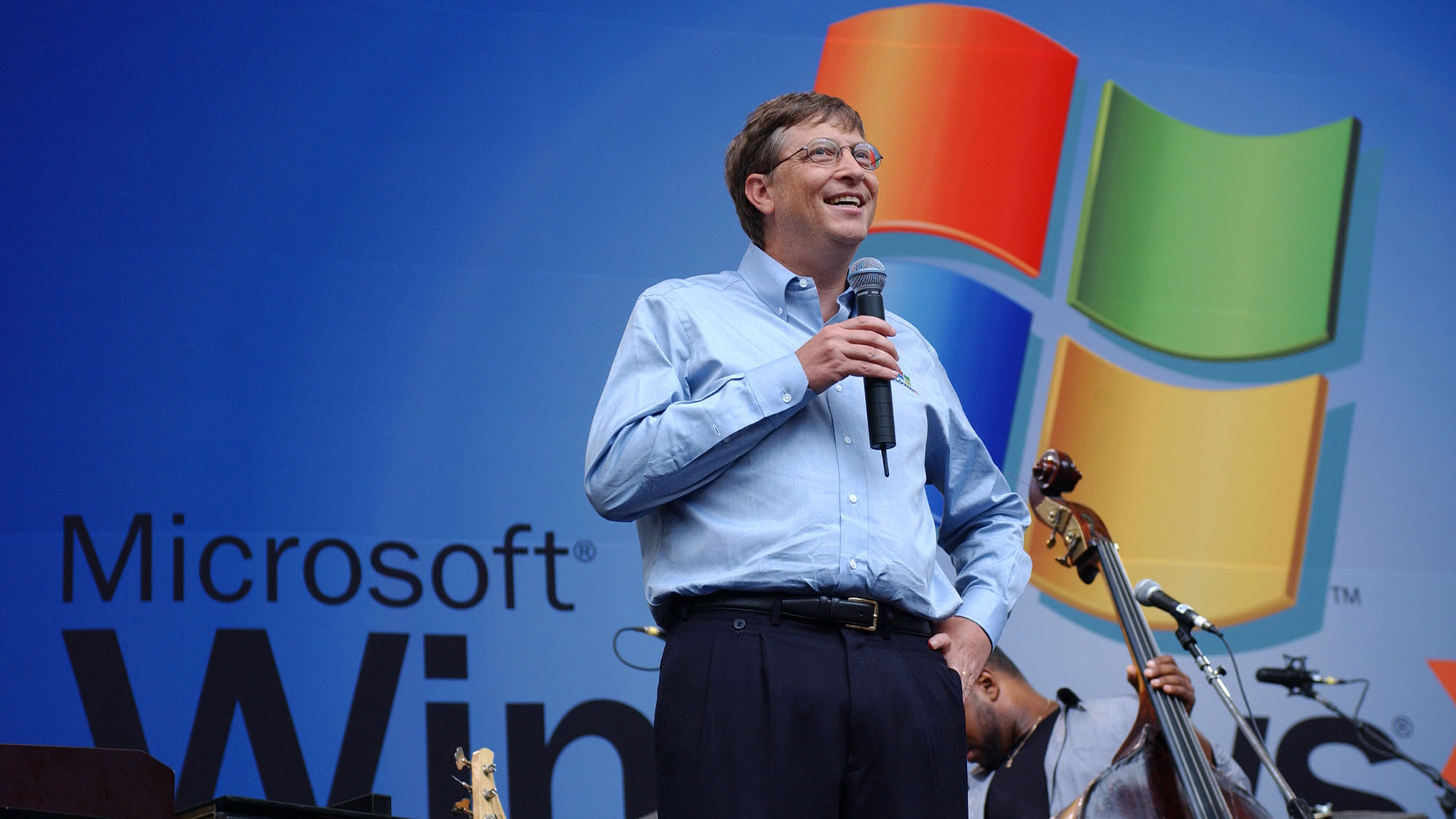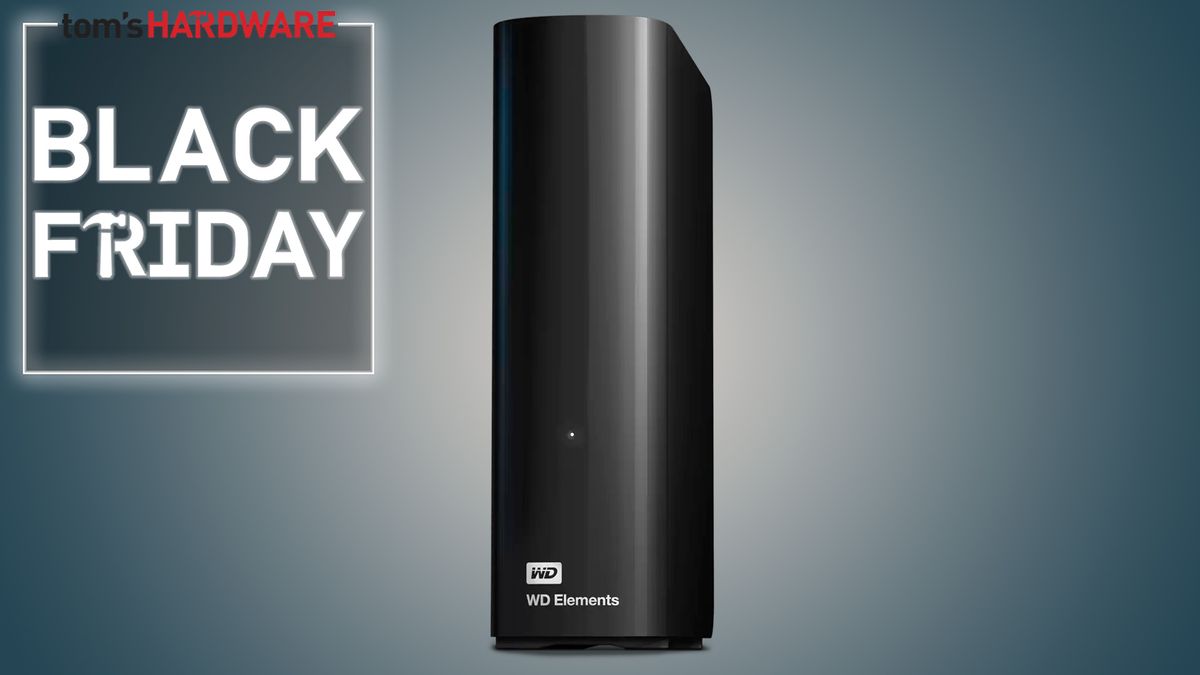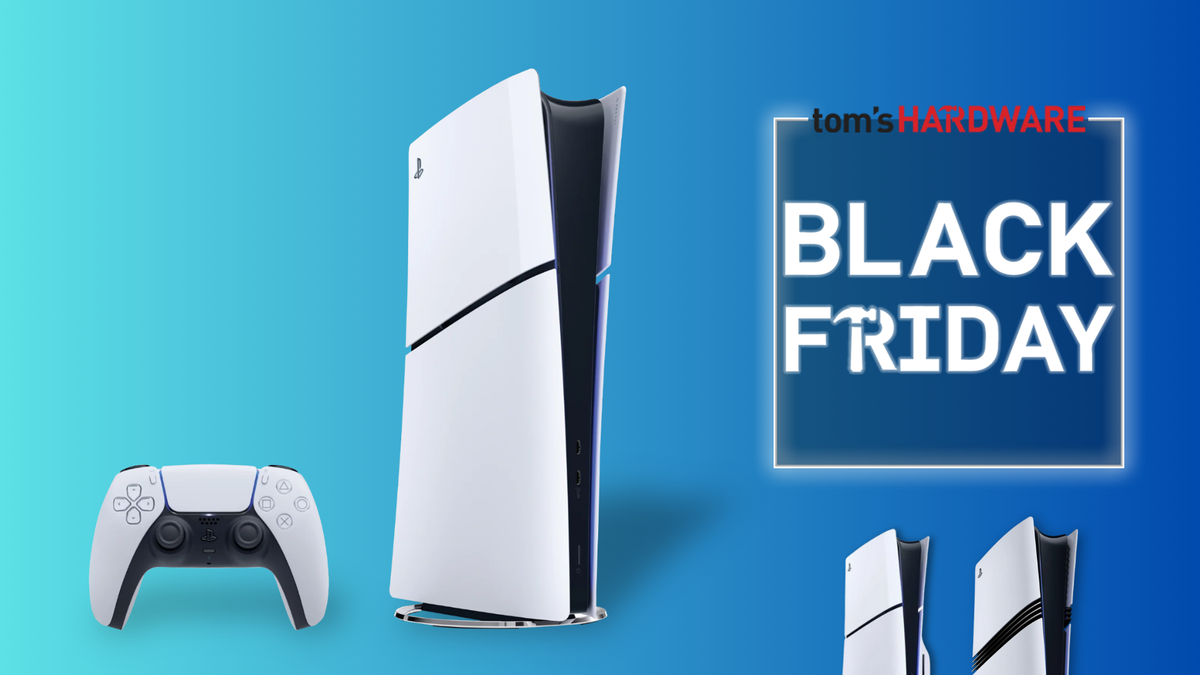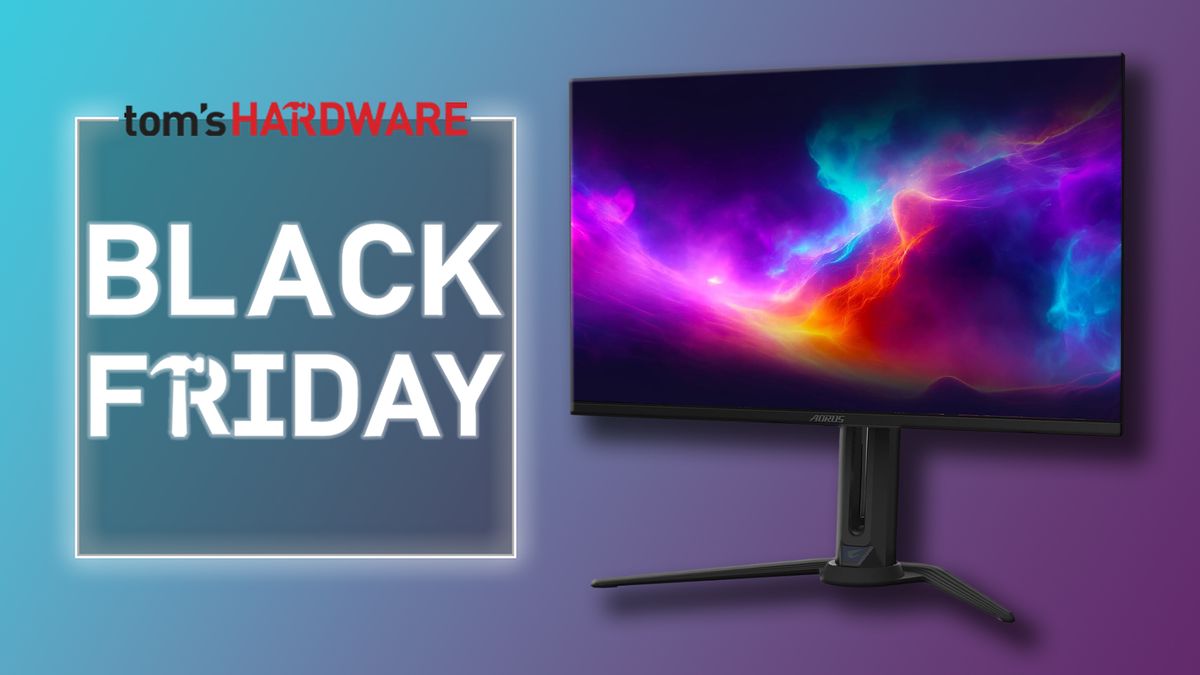While Apple is synonymous with the iPad and touch-based devices, it could’ve been a completely different world had Microsoft acted on its own ambitions in the tablet domain.
In November 2000, a full decade before Steve Jobs blew everyone away with the iPad, Bill Gates showcased a prototype tablet device during a keynote at the Comdex computer expo trade show in Las Vegas.
The prototype device paraded by Gates was a fully fleshed out PC which the company aimed to release globally and running on a dedicated Windows version - it even came with a pen, which Steve Jobs would’ve utterly detested.
“It’s a PC that is virtually without limits — and within five years I predict it will be the most popular form of PC sold in America.”
Press materials published by the tech giant at the time noted it was a lightweight device that would’ve been perfect for workers on the go.
“The size of a legal notepad and half the weight of most of today’s laptop PCs, the Tablet PC is a full-powered, full-featured PC that runs Windows XP and combines the power of desktop computing with the flexibility and portability of a pen and paper notepad,” the company said.
Apple eventually stole the show
A big talking point of Microsoft’s tablet device was the cost. It was very expensive, with consumers likely set back around $2,000 - that’s a big price tag for a tablet.
Moreover, while it was a flashy piece of kit, it really could match what users could get from a laptop. The bottom line is that it was a niche product that wasn’t likely to take off.
Of course, years later, Apple stole the show with tablet devices with the launch of its iconic iPad range. Notably, Jobs spoke ill of the use of a stylus on touchscreen devices, particularly when launching its iPhone range.
What Apple got right in this regard, however, is that it targeted the iPad range specifically at consumers, and didn’t frame it as a flashy workplace device that could replace a laptop or desktop computer.
Apple stayed in its lane, and it worked.
Microsoft has made big gains in the touchscreen market, however, particularly with its Surface device range. Offering a combination of touchscreen capabilities and packing the same punch as a typical business laptop, these have proven a huge success for the tech giant.
Indeed, across the industry, tablets are now a dime a dozen, and consumers and businesses alike aren’t short of options on this front.










 English (US) ·
English (US) ·